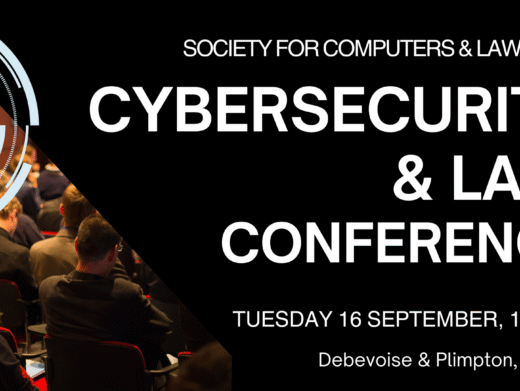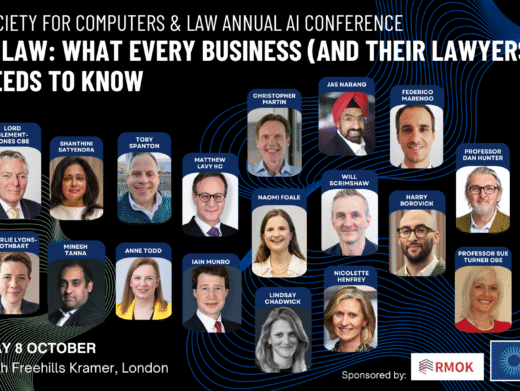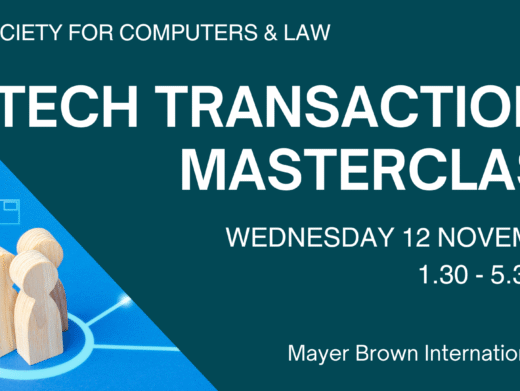One of the many good things about grandchildren (I know, you’re shocked – it is quite unusual to be a grandfather at 45) is that they remind you of some pretty basic questions. I won’t bore you with lots of cutesy examples. Well, maybe just one. The younger granddaughter enquired, rather loudly, at the end of her older sister’s ballet display on Saturday ‘Why are we clapping?’, a question focused on the evolution of applause as a method of communicating approbation and not, as most secretly giggling listeners seemed to assume, querying the need to approve the display that had just been witnessed. (I’ll leave you to waste 20 minutes googling the supposed answers like I did.)
I like to think that I have mastered the basics – breathing certainly, and walking in a straight line (so long as nobody is watching) – but it does sometimes help to ask basic questions lest I forget the basics in the pursuit of sophisticated improvements. I suspect that even SCL members with many years of experience in IT law sometimes struggle with the basics too. The great danger is that one becomes so focused on, say, the detailed rules on data protection and minors that one forgets the basic commercial purpose of the contract or project that is being worked on. In IT law, the dangers are doubled in that new and innovative technology can become so much of a focus that basic legal approaches are blurred into the background. Occasionally standing back and asking ‘why are we clapping?’ can be vital.
This was all brought into focus for me this week by a new article in our Back to basics series from {John Yates on the drafting and interpreting of contracts: http://www.scl.org/site.aspx?i=ed21377}. It is an excellent article that is required reading for all newbies and I suspect that many a trainee will have it dragged before them (better at least than being dragged to it). But I was a little confused by it because I did not want to send it to the basics class when I knew that so much of what John had to say was highly relevant to most practitioners. In fact, the errors in drafting and approach that are referred to in the piece are unlikely to have been the errors of the new and inexperienced – it is far more likely that they are the errors of experienced IT lawyers who lost sight of the basics. As SCL Trustee Gillian Cordall remarked when seeing the John Yates article ‘it is something we should all read, however experienced we might be (or think we are….)’.
So it might just be worth your while reminding yourself of a few basics. Cruise through the series of back to basics articles and encourage others to do so. It might save you considerable embarrassment.
Looking after the Basics
July 18, 2011




